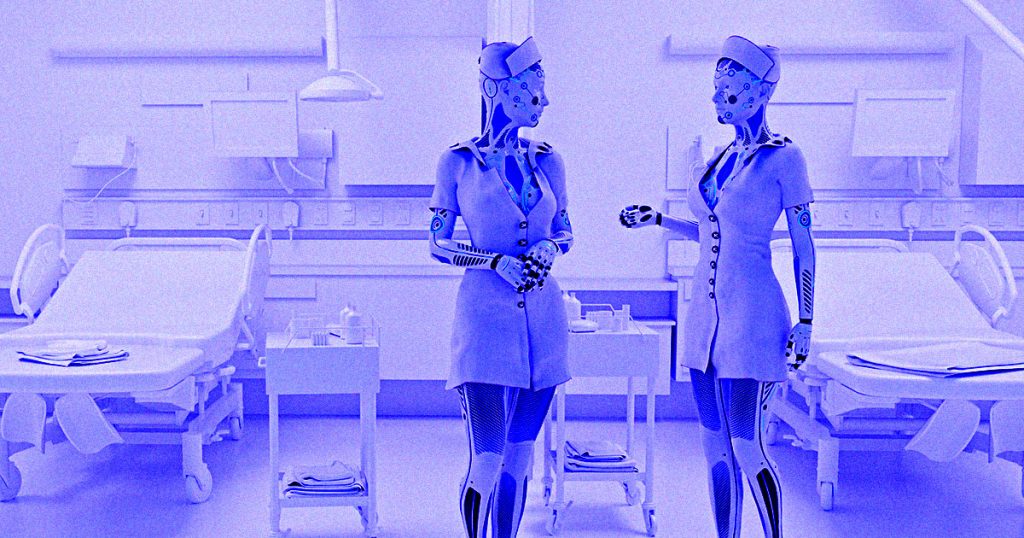Microsoft is expressing concern over the growing trend of doctors using artificial intelligence (AI) chatbots, such as OpenAI’s ChatGPT, to deliver bad news to patients. The use of these chatbots aims to add a touch of empathy and humanity to medical communications, but it raises questions about the balance between objective medical guidance and compassionate care.
While some medical professionals argue that AI chatbots like ChatGPT can simplify complex medical concepts by avoiding confusing jargon, others are skeptical. Microsoft’s Peter Lee, a corporate vice president for research and incubations, admitted feeling uneasy about the idea. He stated, “As a patient, I’d personally feel a little weird about it.”
Advocates of using chatbots in healthcare emphasize the benefits they bring. Christopher Moriates, who worked on a project involving ChatGPT to inform patients about treatments for alcohol use disorder, highlighted the challenges doctors face in communicating in a way that patients can understand. He noted that even supposedly simple language can be difficult for patients to comprehend.

However, critics argue that replacing the human element of medical care with chatbots is not ideal. Patients value compassion and empathy in healthcare, which AI chatbots cannot fully provide. Moreover, relying on a tool that lacks the ability to distinguish right from wrong could potentially lead to poor decision-making, particularly in critical medical situations.
While it remains unclear whether patients are aware they are interacting with chatbots, the ethical implications of this practice are significant. Stanford Health Care’s Dev Dash, who evaluates tools like ChatGPT in a healthcare setting, expressed reservations about using chatbots for clinical decision-making, stating that it is inappropriate.

The ethical conundrum surrounding the use of AI chatbots in patient communication is complex. The issue becomes even more challenging when considering whether patients should be informed about the involvement of chatbots, particularly in non-life-threatening situations. This debate is likely to continue as the healthcare industry navigates the delicate balance between technological advancements and compassionate patient care.


